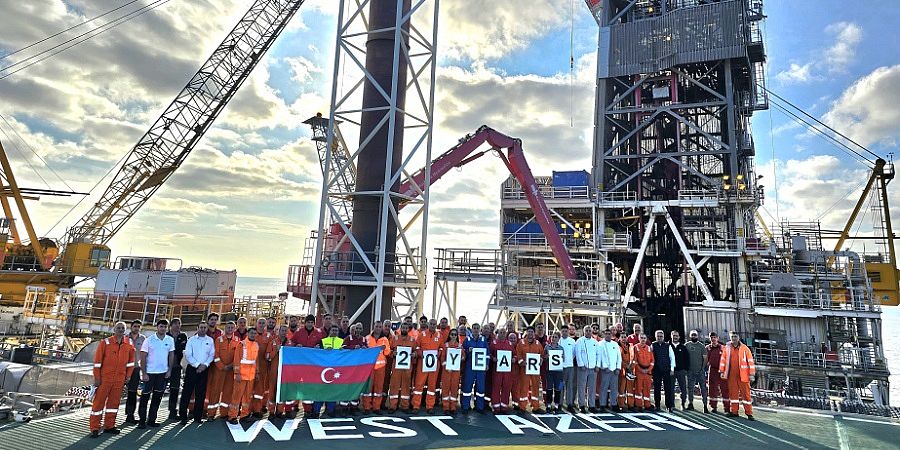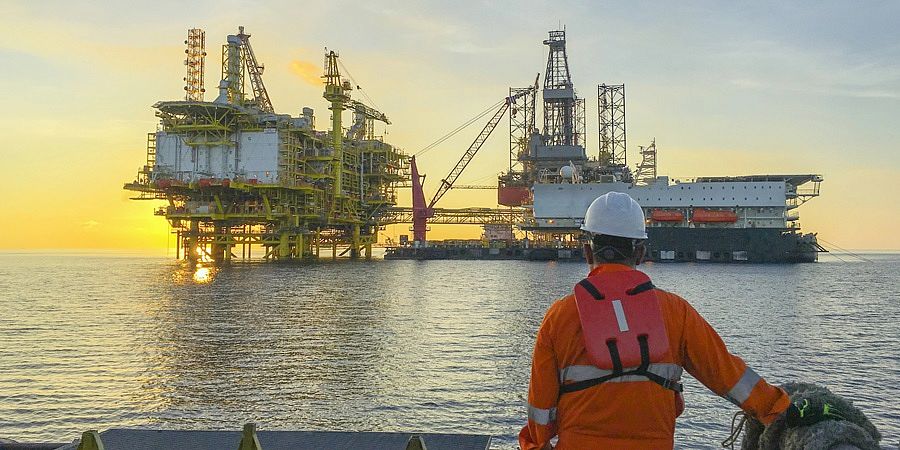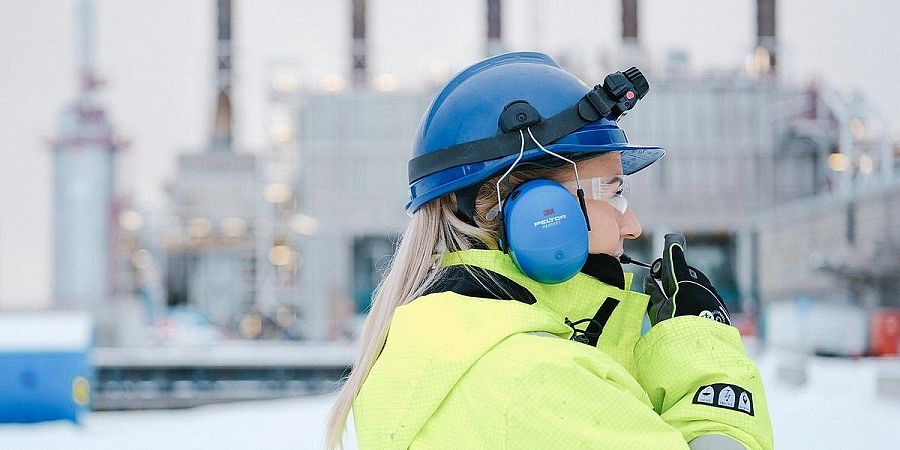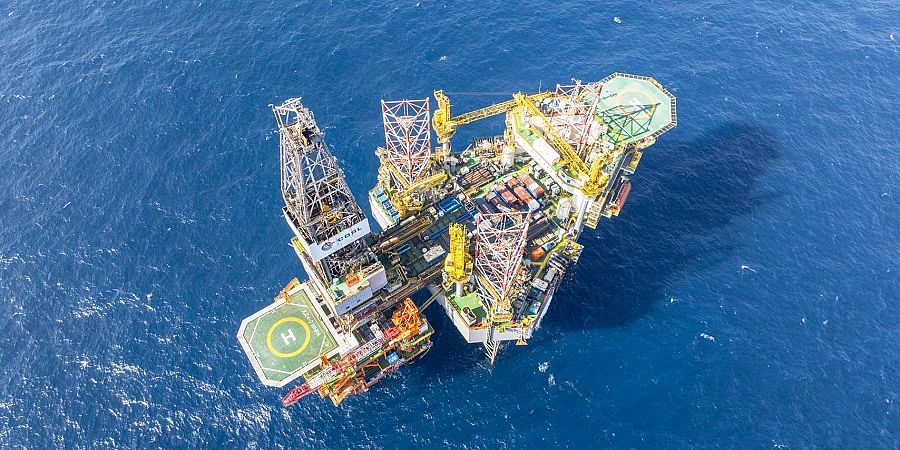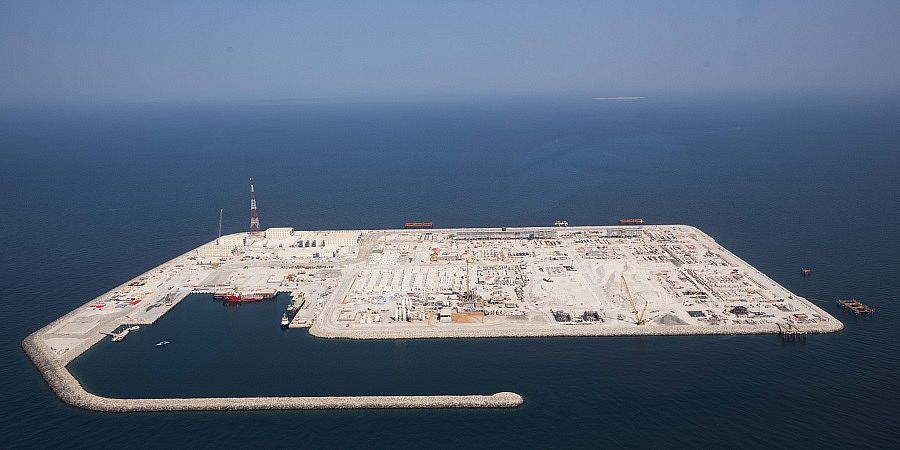That includes the use of technologies like carbon capture and storage (CCS), Energy Voice reported.
As part of the reshape, the oil and gas supermajor has made significant movements into the offshore wind industry, particularly in the UK.
It comes as calls for governments to bring an end to oil & gas production from sections of the public amplify, particularly in the run up to COP26.
But Birrell underlined that it is an energy transition rather than a switch.
That means ensuring energy markets «remain stable» as economies moves away from reliance on oil & gas.
He said:
- We believe in 2050 and most of the other oil and gas companies in the world, will still be producing oil and gas
- But, it will need to be offset through carbon capture and storage and other economic methods
- The industry has a rich future between 2030 and 2050, but there’s lots of work to be done to make it part of the transition
- BP is prioritising «resilient hydrocarbons», reserves that are profitable, low emissions and low break even
- The aim is to make sure that “reliable affordable energy is available to the citizens of the world” as the transition happens
Speaking at Reuter’s Future of Oil & Gas 2021, Birrell said:
- An example would be Na Kika platform in the Gulf of Mexico, it’s a facility that was only half-full
- We got focussed on exploration around that facility and found some opportunities that will fill it up over the next few years
- It’s low emissions, it’s low cost and it’s good use of BP’s investment dollars
Methane, a primary component of natural gas, is one of the world’s most damaging greenhouse gases.
To address its emissions, BP is installing measurement equipment on all its major oil and gas production facilities worldwide.
Birrell said:
- We believe that, as it stands, a lot of the reporting is done through estimation
- But by measuring, with real physical devices, we’ll get a much more accurate readout on how much is being emitted – we’ve committed to half that amount thereafter
Author: Hamish Penman


